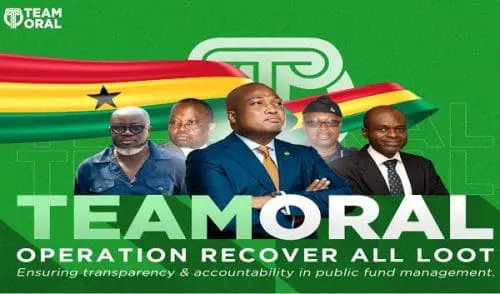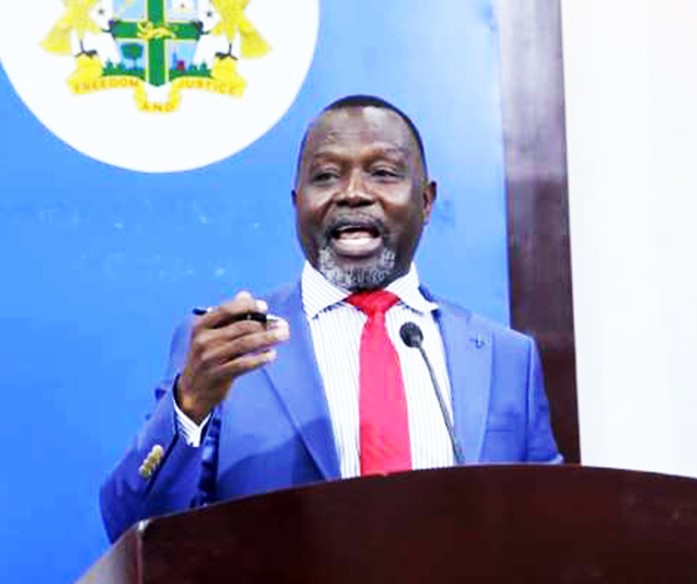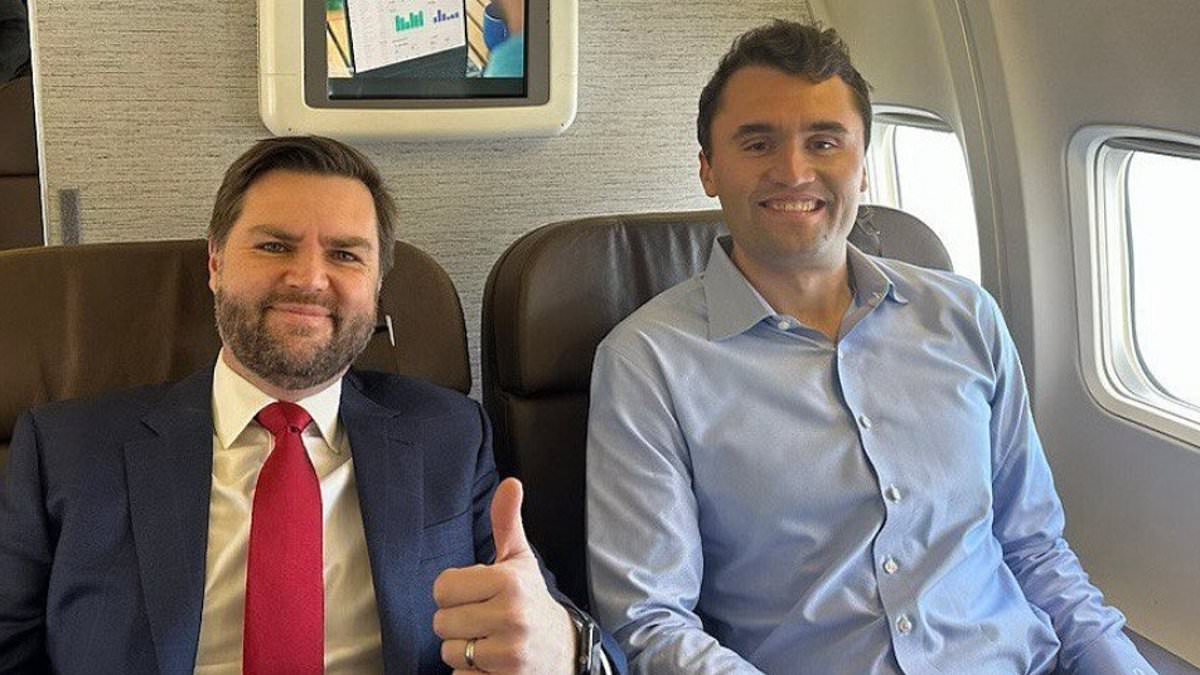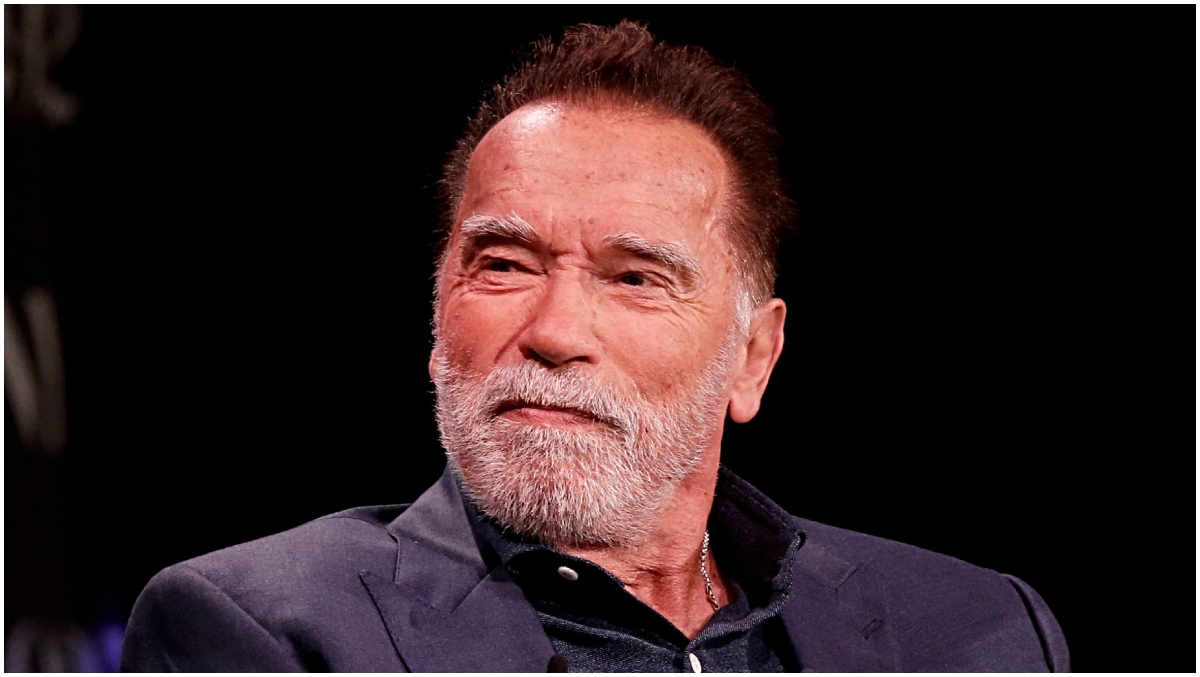By Ghana News
Copyright ghanamma

A prominent Ghanaian-American academic has issued an urgent call for the success of President John Dramani Mahama’s Operation Recover All Loot (ORAL) initiative, warning that failure could cost Ghana its economic future as corruption recovery efforts enter a critical phase.
Professor Stephen Kwaku Asare, a Democracy and Development Fellow at the Ghana Center for Democratic Development (CDD-Ghana), argues that ORAL represents Ghana’s best opportunity to break decades of failed anti-corruption cycles that have drained billions from national coffers. His intervention comes as the ORAL committee has identified cases potentially worth $20.49 billion across 36 major investigations, marking the most comprehensive corruption recovery effort in Ghana’s history.
Writing on social media, Professor Asare emphasized that ORAL transcends partisan politics, describing it as essential infrastructure for national development. The timing proves significant, as President Mahama recently received the committee’s preliminary findings and announced plans to forward cases to investigative agencies for immediate action.
The academic’s 10-point blueprint for ORAL success addresses systemic weaknesses that have historically undermined Ghana’s anti-corruption efforts. His recommendations include establishing dedicated anti-looting courts, implementing transparent recovery tracking systems, and creating strict timelines for asset seizures and prosecutions. The proposals reflect lessons learned from previous failures across multiple administrations.
Professor Asare’s analysis traces a pattern of corruption recovery initiatives dating back to the 1966 National Liberation Council through successive governments including Jerry John Rawlings’ Provisional National Defence Council (PNDC), John Agyekum Kufuor’s Zero Tolerance for Corruption initiative, and Nana Addo Dankwa Akufo-Addo’s pledges to fight graft. Each effort, he notes, began with grand promises but ended in selective enforcement and eventual collapse.
The current ORAL initiative has already demonstrated unprecedented scope and transparency. The committee processed 2,417 total complaints, including 44 formal petitions, suggesting widespread public engagement with the recovery process. Land-related cases alone reportedly carry an estimated value of $702.8 million, indicating the breadth of alleged misappropriation.
Central to Professor Asare’s argument is the connection between corruption and Ghana’s infrastructure deficit. He contends that stolen funds represent the very resources needed for roads, schools, and hospitals, making recovery efforts essential for national development rather than political vengeance. This framing positions ORAL as economic policy rather than partisan retaliation.
The professor’s emphasis on institutional cooperation addresses a critical weakness in previous efforts. His call for coordinated action between the Auditor-General, Economic and Organised Crime Office (EOCO), Office of the Special Prosecutor (OSP), and other agencies reflects understanding that fragmented approaches enable continued looting while hampering recovery.
Particularly significant is Professor Asare’s insistence on transparent tracking mechanisms. His proposed “ORAL Tracker” would publish real-time data on recoveries, prosecutions, and project funding from recovered assets. This addresses public skepticism about whether recovery efforts actually benefit ordinary Ghanaians or simply redistribute resources within elite circles.
The academic’s warning about enablers extends accountability beyond primary perpetrators to include lawyers, auditors, bankers, and other professionals who facilitate corruption. This approach recognizes that effective recovery requires dismantling entire networks rather than pursuing individual cases in isolation.
President Mahama has described ORAL as addressing financial leakages that undermine national development and erode public trust, aligning with Professor Asare’s broader themes about corruption’s systemic impact. The president’s commitment to immediate investigations suggests responsiveness to calls for urgent action.
However, challenges remain substantial. Critics have already begun questioning ORAL’s effectiveness, with some describing ongoing corruption as Ghana’s “toothache” despite eight months of the new administration. These concerns underscore Professor Asare’s warnings about the consequences of another failed recovery effort.
The professor’s constitutional framing of ORAL as implementing national values of “probity and accountability” provides legal foundation for aggressive recovery efforts while deflecting accusations of political persecution. His argument that honest citizens need not fear ORAL aims to build public support while isolating those who have misappropriated public funds.
Looking ahead, Professor Asare’s timeline recommendations call for asset freezing within 30 days, recovery within six months, and quarterly progress reports. These aggressive deadlines reflect understanding that prolonged processes historically favor those with resources to resist accountability through legal delays and political maneuvering.
The success or failure of ORAL will likely determine whether Ghana can break what Professor Asare describes as a destructive cycle where “grand promises, selective enforcement, fresh scandals, and eventual collapse” perpetually undermine anti-corruption efforts. With billions potentially at stake, the initiative represents a defining test of Ghana’s institutional capacity and political will to pursue systemic change.



